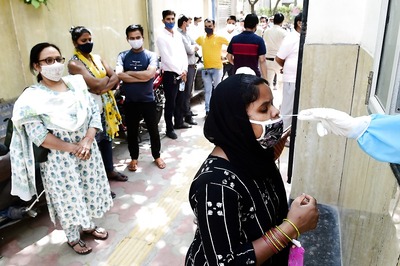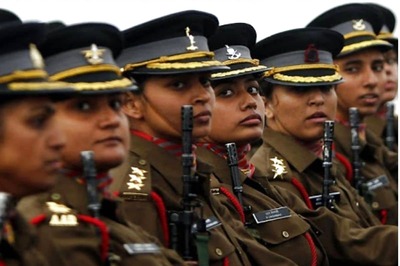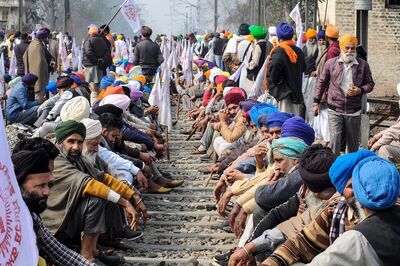
views
Bamenda, Cameroon: Kidnappers freed scores of school children and a driver in west Cameroon early on Wednesday, but kept hold of a principal and one teacher, officials said.
Armed men who seized the youngsters on Monday in the city of Bamenda - a commercial hub of Cameroon's restive English-speaking region - released them about 18 km (11 miles) away in the town of Bafut, the army said.
"Praise God 78 children and the driver have been released. The principal and one teacher are still with the kidnappers. Let us keep praying," said Samuel Fonki, a minister of the Presbyterian Church in Cameroon, who was involved in negotiations to free them.
He said no ransom was paid, but gave no more details on the circumstances leading up to the release. One other child had escaped earlier, he added.
Fonki earlier said another 11 children were kidnapped by the same armed group on Oct. 31, then released after their school paid a ransom of 2.5 million CFA francs ($4,400).
Army spokesperson Didier Badjeck said the kidnappers released the children after the military found out their location. Two other children were still missing, along with the principal and teacher, he said.
Fonki and the Cameroonian military have accused anglophone separatists of carrying out the kidnappings, but a separatist spokesman denied involvement.
The secessionists have imposed curfews and closed schools as part of their protest against Biya's French-speaking government and its perceived marginalisation of the English-speaking minority. The government has denied discriminating against them.
Cameroon's separatist movement turned violent in 2017 after a government crackdown on initially peaceful demonstrations by English-speakers. The linguistic divide is a legacy of a former German colony in central Africa that was divided between allies France and Britain at the end of World War One.
The attack on children, which recalled the 2014 abduction of more than 200 girls by Islamist Militant group Boko Haram in Chibok in neighbouring Nigeria, was criticised by human rights groups.




















Comments
0 comment